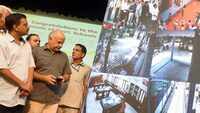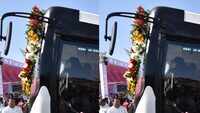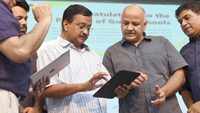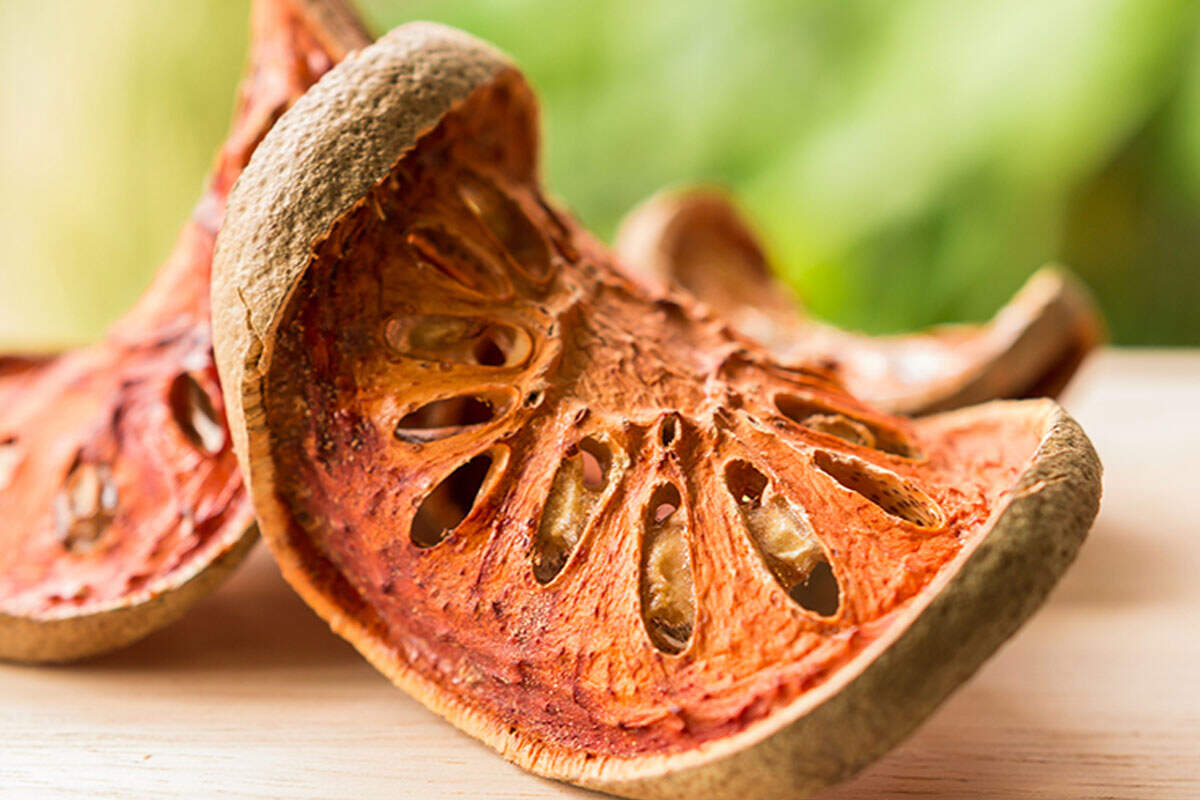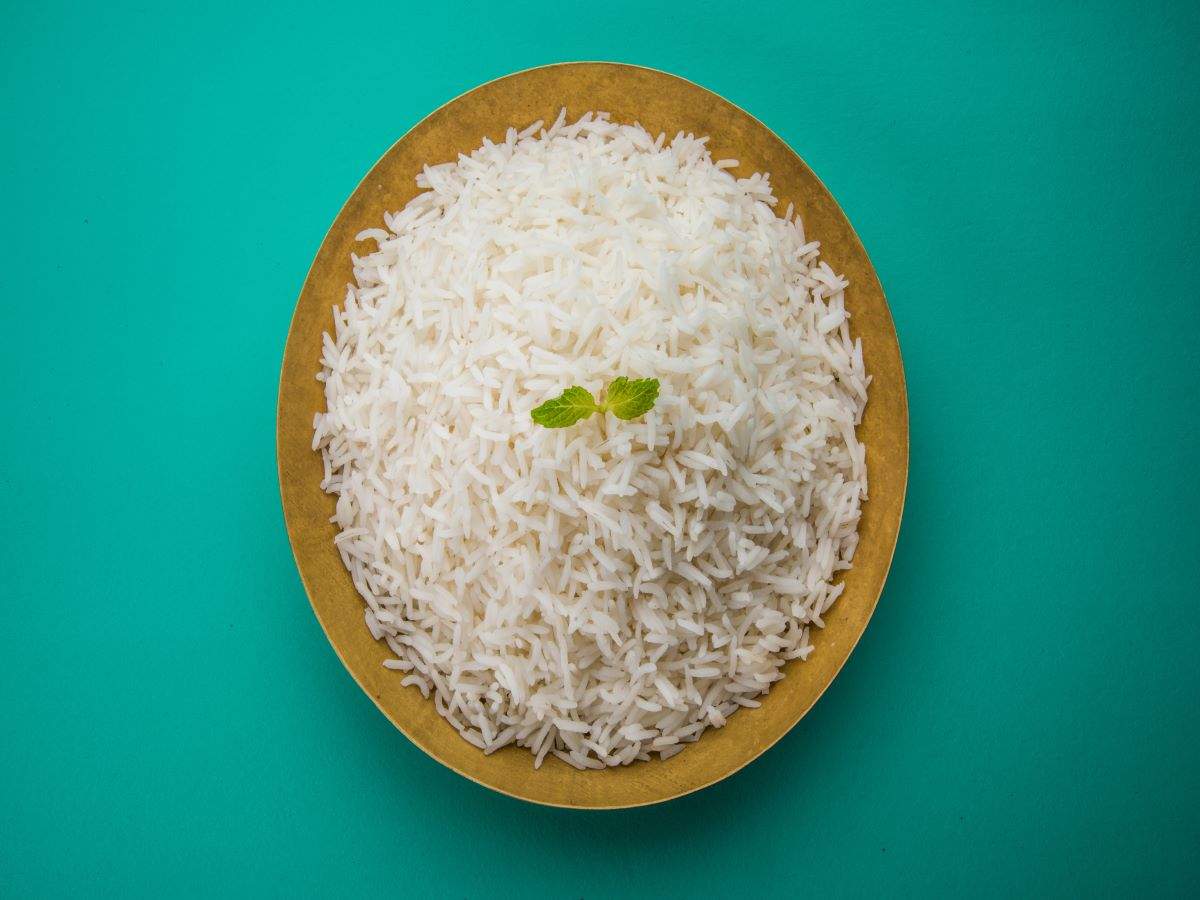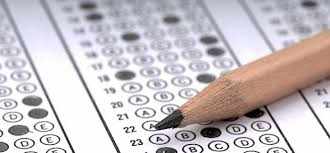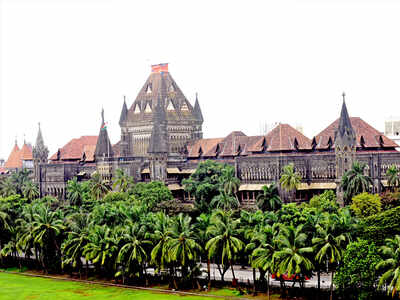
MUMBAI: Bombay high court on Thursday dismissed a fresh petition filed by students aspiring to study medicine as undergraduates, against allowing Maratha quota for academic year 2019-20.
The challenge was essentially to a recent amendment of a 2018 law as being wrongly given a retrospective effect, thus reducing the number of seats available to general category in admission process already underway.
The court with bench of Justices S C Dharmadhikari and Gautam Patel was packed with students and their parents.
Four students who filed the petition through advocate Premlal Krishan said the quota inclusion for this academic year was unconstitutional.
Their counsel Mukesh Vashi argued that by the amendment brought in May by the state was in fact changing the law with retrospective effect. V A Thorat, counsel for state, said it was a policy decision and was justified.
On information bulletin for National Eligibility Entrance Test (NEET) for the academic year 2019-20 mentioned that the admission process were to commence on November 1, 2018. Last date for filling up online application form was November 30, 2018, the date when the Maharastra reservation for Socially and Educationally Backward Class (SEBC) Act of 2018 came into effect.
The SEBC Act section 16(2) provides that the quota will not apply to admissions in educational institutions where admission process has already been initiated before the commencement of the Act. The contentious point revolved around when the “admission process shall be deemed to have initiated.’’
The Act itself provided for ‘an explanation’. But on May 20, after Nagpur Bench of Bombay high court held against applicability of 16 percent Maratha seats for medical post-graduate admissions for 2019-20, the state introduced an ordinance to amend the ‘explanation’ by adding section 16(2) (1A) which states that when its admission based on NEET or other national entrance tests for state and private colleges, notwithstanding anything, the admission will deem to have commenced when “the last date for filling up of application form for admission to such courses under state quota to the Admission Regulatory Authority or the Commissioner of State CET is lapsed.’’
The provision, said the students’ petition was enacted to bring in Maratha seats which otherwise would not have been available to them for admissions this year.
In June the amendment was made into an Act changing rules for forthigh courtoming admissions, particularly to medical colleges based on national entrance tests said the students’ plea. The changes were brought in on June 25 with retrospective effect from November 30, 2019. Bringing in an amendment with retrospective effect is to circumvent a May 2, 2019 judgment of Nagpur Bench of Bombay high court and in breach of doctrine of separation of powers, said the petition. The quota’s inclusion this year would cause a loss to the general category students who had received forms for NEET from November 1, before the law was amended, is their case.
NEET UG was conducted on 5th May, 2019 and examination result was declared on 5th June 2019.
On March 8, 2019 Maharashtra government decided to provide 16 percent reservation for the new SEBC category. Students aspiring for post graduate medical admission challenged it before the Nagpur bench which said the quota cannot apply for the 2019-20 admissions. The SC upheld the Nagpur high court order.
In the meantime before Bombay high court on June 27, 2019, upheld the constitutional validity of the SEBC Act, in May the state promulgated the ordinance, but brought down the quota percentage for education to 12 and for jobs to 13. Students had gone to the SC to challenge it which redirected them to the Bombay high court, where the matter is now to be heard. The students say that a petition filed on the issue before in Nagpur was dismissed and the issue wasn’t heard on merits.
The Bombay high court heard them on merits and dismissed their petition.
The reasons for the dismissal will follow later said the court. Thursday was the last date for students to submit online preferences in the admission process.
The challenge was essentially to a recent amendment of a 2018 law as being wrongly given a retrospective effect, thus reducing the number of seats available to general category in admission process already underway.
The court with bench of Justices S C Dharmadhikari and Gautam Patel was packed with students and their parents.
Four students who filed the petition through advocate Premlal Krishan said the quota inclusion for this academic year was unconstitutional.
Their counsel Mukesh Vashi argued that by the amendment brought in May by the state was in fact changing the law with retrospective effect. V A Thorat, counsel for state, said it was a policy decision and was justified.
On information bulletin for National Eligibility Entrance Test (NEET) for the academic year 2019-20 mentioned that the admission process were to commence on November 1, 2018. Last date for filling up online application form was November 30, 2018, the date when the Maharastra reservation for Socially and Educationally Backward Class (SEBC) Act of 2018 came into effect.
The SEBC Act section 16(2) provides that the quota will not apply to admissions in educational institutions where admission process has already been initiated before the commencement of the Act. The contentious point revolved around when the “admission process shall be deemed to have initiated.’’
The Act itself provided for ‘an explanation’. But on May 20, after Nagpur Bench of Bombay high court held against applicability of 16 percent Maratha seats for medical post-graduate admissions for 2019-20, the state introduced an ordinance to amend the ‘explanation’ by adding section 16(2) (1A) which states that when its admission based on NEET or other national entrance tests for state and private colleges, notwithstanding anything, the admission will deem to have commenced when “the last date for filling up of application form for admission to such courses under state quota to the Admission Regulatory Authority or the Commissioner of State CET is lapsed.’’
The provision, said the students’ petition was enacted to bring in Maratha seats which otherwise would not have been available to them for admissions this year.
In June the amendment was made into an Act changing rules for forthigh courtoming admissions, particularly to medical colleges based on national entrance tests said the students’ plea. The changes were brought in on June 25 with retrospective effect from November 30, 2019. Bringing in an amendment with retrospective effect is to circumvent a May 2, 2019 judgment of Nagpur Bench of Bombay high court and in breach of doctrine of separation of powers, said the petition. The quota’s inclusion this year would cause a loss to the general category students who had received forms for NEET from November 1, before the law was amended, is their case.
NEET UG was conducted on 5th May, 2019 and examination result was declared on 5th June 2019.
On March 8, 2019 Maharashtra government decided to provide 16 percent reservation for the new SEBC category. Students aspiring for post graduate medical admission challenged it before the Nagpur bench which said the quota cannot apply for the 2019-20 admissions. The SC upheld the Nagpur high court order.
In the meantime before Bombay high court on June 27, 2019, upheld the constitutional validity of the SEBC Act, in May the state promulgated the ordinance, but brought down the quota percentage for education to 12 and for jobs to 13. Students had gone to the SC to challenge it which redirected them to the Bombay high court, where the matter is now to be heard. The students say that a petition filed on the issue before in Nagpur was dismissed and the issue wasn’t heard on merits.
The Bombay high court heard them on merits and dismissed their petition.
The reasons for the dismissal will follow later said the court. Thursday was the last date for students to submit online preferences in the admission process.
World Cup 2019
Trending Topics
LATEST VIDEOS
More from TOI
Navbharat Times
Featured Today in Travel
Quick Links
Lok Sabha Election Schedule 2019Lok Sabha Election NewsDelhi Capitals teamMI team 2019Rajasthan Royals 2019RCB team 2019Maharashtra Lok Sabha ConstituenciesBJP Candidate ListBJP List 2019 TamilnaduShiv Sena List 2019AP BJP List 2019Mamata BanerjeeBJP List 2019 MaharashtraPriyanka GandhiBJP List 2019 KarnatakaAMMK Candidate List 2019BJP List 2019 WBLok Sabha Elections in Tamil NaduBSP List 2019 UPNews in TamilLok Sabha Poll 2019Satta Matka 2018PM ModiMahagathbandhanNagpur BJP Candidate ListChandrababu NaiduTamil Nadu ElectionsUrmila MatondkarNews in TeluguMadras High CourtTejashwi YadavArvind KejriwalTejasvi SuryaPawan KalyanArvind KejriwalYogi AdityanathJaya PradaSatta King 2019Srinagar encounter
Get the app



